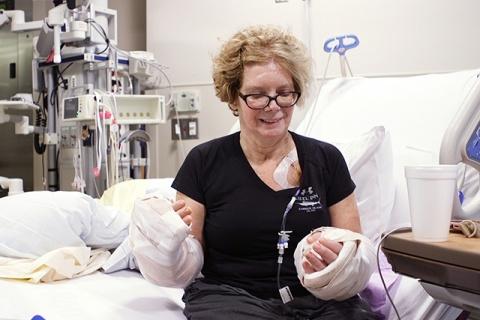
In another first for the state and the region, a Duke Health team of over 40 hand surgeons, anesthesiologists, operating room staff, residents, fellows, lab technicians, and other key staff performed a bilateral hand transplant on Thanksgiving Day.
The procedure, led by hand transplant surgeon Linda Cendales, M.D., director of the Duke Vascularized Composite Allotransplantation Program, added poignancy to a holiday that already inspires reflection on the meaning of gratitude and generosity.
"It was a memorable day for all of us," Cendales said. "This is a very deserving patient and Duke is one of the few places where there is combined expertise available to do such a case. The technical transplant is unique, but the other aspects -- immune management, critical care, occupational therapy, neuropsyschology, pathology, histocompatibility, pharmacy, finance, social work, as well as administration, research and transplant infrastructures -- are as important."
"It is very hard to put together a team with all these competencies, and Duke has done a great job doing this," Cendales said. "We are very grateful of the generous gift from the donor family."
Patient Debra Kelly, who was listed in September and had several previous calls that fell through, said she is deeply moved by the donor family’s gift, and is also grateful to the Duke team members who canceled holiday plans to make the transplant possible.
"It truly gives new meaning to Thanksgiving."
-Debra Kelly, recipient of the first bilateral hand transplant in North Carolina
The surgery took 14 hours, with teams rotating in and out to perform the hand transplants simultaneously. In a previous first for the state and region, the Duke Health team performed a single hand transplant, but the added complexity of the bilateral procedure made the surgery a new milestone.
Duke has now performed two of five hand transplants approved as part of a clinical research trial designed to lessen the risk of immunosuppression, which will benefit more than one patient.
Kelly’s prognosis looks promising. After a short revision surgery on her right hand, she was discharged from the hospital 10 days post-transplant and is now undergoing occupational therapy.
Already, she can wave and make small manipulations with her fingers, such as brushing her hair out of her eyes and pushing up her eyeglasses. She looks forward to the next months of intensive, daily work to gain fine motor skills.
"I can’t believe this is possible," Kelly said. "It’s just beyond my expectations."
"We came together across departments and disciplines to accomplish something few have done before, and we opened a new world of possibility to our patient population in need," Cendales said. "And we can all be proud of that."
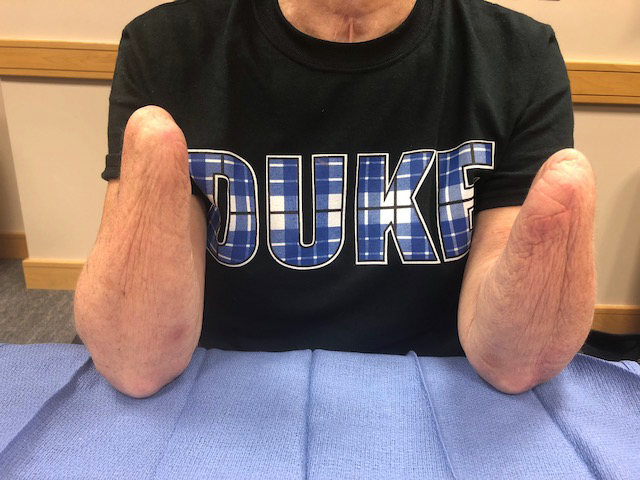
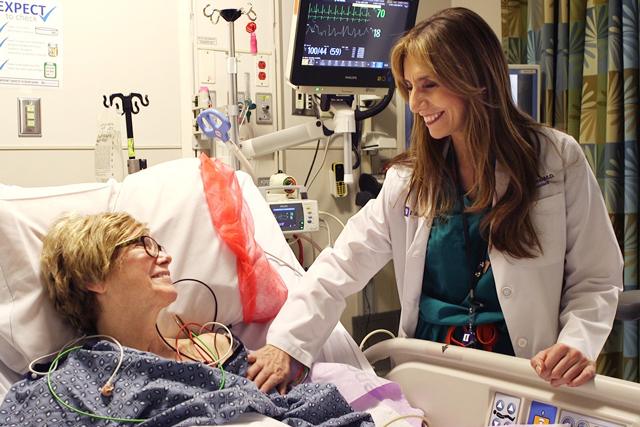
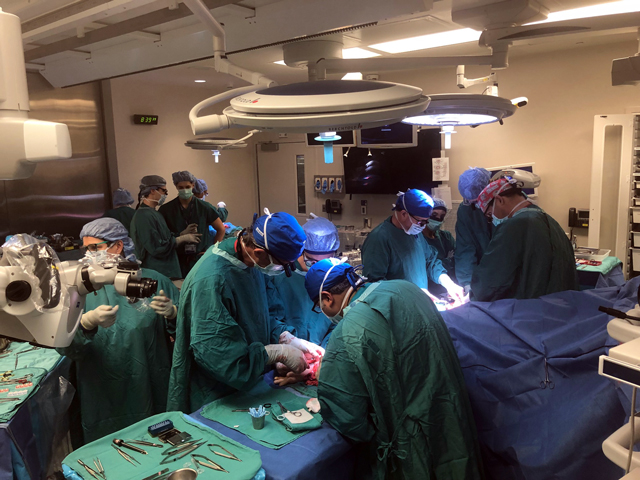
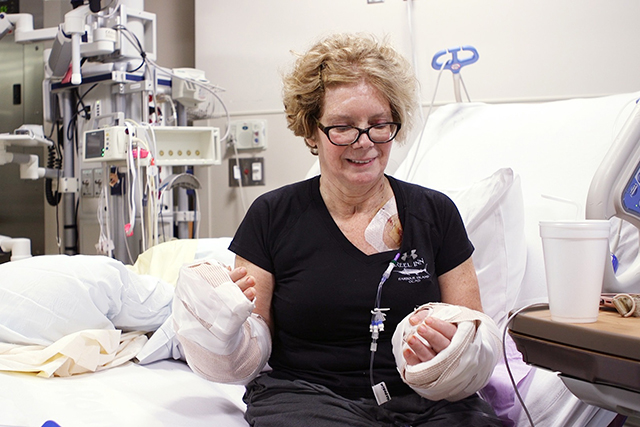
Hand Transplantation
Duke’s hand transplant program is led by one of the world’s leaders in vascularized composite allotransplantation (VCA), an innovative method of transplanting multiple tissues, such as a hand, as a functional unit. Our comprehensive approach guides our research on hand transplantation, which remains an investigational procedure. It is an option for people who have lost one or both hands.